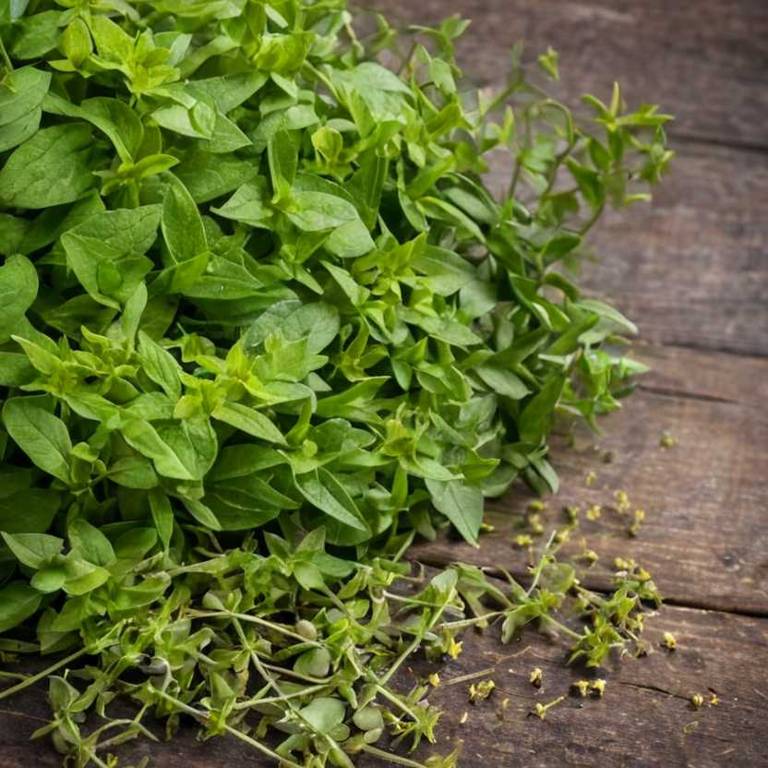Yellow Loosestrife (Lysimachia vulgaris)
Yellow Loosestrife (Lysimachia vulgaris) is a member of the Primulaceae family, native to Europe, Asia, and North Africa. Traditionally, its leaves, stems, and roots have been used for infusions, decoctions, and poultices.
This herb is particularly valued for its diuretic, anti-inflammatory, and astringent actions, and has a long history of use in european herbal medicine, mediterranean herbal traditions, and traditional chinese medicine.

Quick Facts / Key Information
| Common Name | Yellow Loosestrife |
|---|---|
| Scientific Name | Lysimachia vulgaris |
| Plant Family | Primulaceae |
| Genus | Lysimachia |
| Species | vulgaris |
| Native Range | Europe, Asia, North Africa |
| Plant Parts Used | Leaves, Stems, Roots |
| Primary Medicinal Actions | Diuretic, Anti-Inflammatory, Astringent |
| Primary Traditional Systems | European Herbal Medicine, Mediterranean Herbal Traditions, Traditional Chinese Medicine |
| Historical Preparation Methods | Infusion, Decoction, Poultice |
Botanical Identity
- Scientific Name
- Lysimachia vulgaris
- Common Name
- Yellow Loosestrife
- Synonyms / Alternative Names
- Lysimachia, Common Yellow Loosestrife, Lysimachia Vulgaris
- Plant Family
- Primulaceae
- Genus
- Lysimachia
Botanical Description
- Growth Habit
- Perennial herbaceous plant.
- Height
- It typically grows to a height of 20 to 50 centimeters.
- Leaves
- Opposite, ovate leaves with smooth margins, upper surface yellow-green and lower surface pale green, bearing distinct stomatal bands along the midrib.
- Flowers
- Inflorescence composed of dense spikes of yellow flowers with five distinct sepals and five petals, actinomorphic, with prominent yellow stamens and a single pistil, flowers arranged in terminal racemes.
- Stems
- Elongated, erect growth habit, opposite branching pattern, glabrous surface, four-sided cross-section, presence of prominent ridges
Traditional Uses / Historical Use
Traditional Systems
- European Herbal Medicine
- Mediterranean Herbal Traditions
Historical Preparation Methods
- Infusion
- Decoction
- Poultice
- Powder
Medicinal Actions
- Diuretic
- As described in traditional systems, a soothing diuretic, in cleansing-oriented uses.
- Anti-inflammatory
- In herbal texts, considered a mild anti-inflammatory, for irritation-related applications.
Active Compounds
- Flavonoid
- Plant-based polyphenolic compounds frequently distributed throughout aerial plant parts.
- Phenolic Acid
- A class of aromatic plant compounds commonly found in leaves, seeds, and stems.
- Tannin
- Naturally occurring polyphenols widely distributed in woody and leafy plant parts.
Modern Research Overview
Scientific literature concerning this plant spans multiple areas, including phytochemistry and laboratory research. Detailed analysis of published studies is not included at this time and will be added as part of future editorial expansion.
Safety & Contraindications
- General Precautions
- There is limited information regarding general precautions related to the use of this herb.
- Contraindications
- Reports outlining specific contraindications for this herb are limited.
- Allergies
- Reports of allergic reactions to this herb are not well documented in available sources.
- Drug Interactions
- There is insufficient evidence to determine whether this herb interacts with pharmaceutical drugs.
- Toxicity
- Toxic effects associated with this herb have not been well documented.
- Pregnancy & Breastfeeding
- Information addressing pregnancy and breastfeeding-related safety for this herb is limited.
Preparation & Usage Methods
- Infusion
- Infusions are commonly prepared using hot water to release aromatic and soluble components.
- Decoction
- A preparation method involving prolonged boiling of roots, bark, or dense plant material.
- Poultice
- A topical preparation made by applying softened plant material externally.
- Powder
- Plant parts are dried and mechanically reduced to a powdered form.
- Tincture
- Plant material is macerated in alcohol to create a concentrated liquid extract.
Growing, Harvesting & Storage
Growing / Cultivation
- Soil
- Prefers loamy soil with moderately well-drained conditions. Typically grows best in organically rich soils.
- Sunlight
- Thrives in partial shade. Tolerates full sun to partial shade.
- Watering
- Prefers moist soils. Tolerates variable moisture levels.
Medical Disclaimer
The information provided on this page is for educational and informational purposes only. It is not intended to diagnose, treat, cure, or prevent any medical condition. Always consult a qualified healthcare professional before using any herb for medicinal purposes.